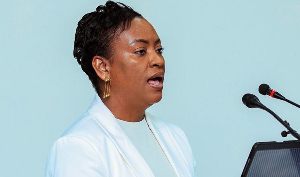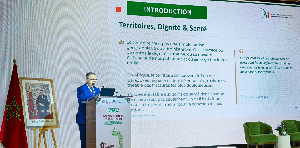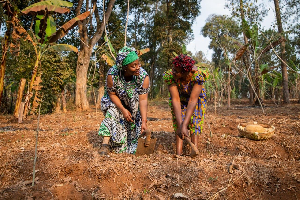Dr Alhassan Lansah Abdulai, an Agro-Meteorologist at the Wa office of the Savannah Agricultural Research Institute of the Council for Scientific and Industrial Research (CSIR-SARI), has advised farmers to practice Integrated Soil Fertility Management to improve productivity.
He said Integrated Soil Fertility Management is a set of agricultural practices adapted to maximize the efficiency of soil nutrient and water use to improve agricultural productivity.
He indicated that in order for farmers to optimize crop yields, they should use organic and inorganic fertilizers as complements instead of substitutes, which would also reduce cost through increased fertilizer use efficiency.
Dr Abdulai who gave the advice during an interview with the Ghana News Agency in Wa on Friday said inorganic fertilizers contained known concentrations of nutrients that the plant required for growth and development.
He, however, said such nutrients were mostly lost through leaching and volatilisation due to poor structure of the soil.
“Organic fertilizers have low and variable concentration of nutrients and are required in large quantities if used as the sole sources of nutrients.
He said, "Mixing the organic and inorganic fertilizers, the organic fertilizer will improve the soil structure and retention of the nutrients in the inorganic fertilizers for the plant to absorb at the right time”, he explained.
Dr Abdulai said organic fertilizers could also improve soil water retention of sandy soils and aeration of clayey, which are critical requirements for plant growth on such soils.
The Agro-Meteorologist noted that conservation agriculture, otherwise, known as zero tillage had lots of benefits, but faced challenges in the interior Savannah regions of Ghana due to loss of crop residue to browsing ruminants or bush fires.
He therefore advocated "modified conservation agriculture" for northern Ghana, which involved harrowing the plant residue into the soil soon after harvesting.
He said that would help improve the soil nutrients and water conservation as it would prevent animals from browsing or fire from burning the crop residue.
Business News of Saturday, 18 January 2020
Source: ghananewsagency.org













